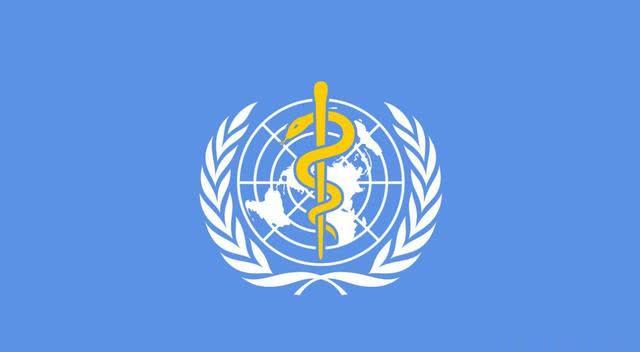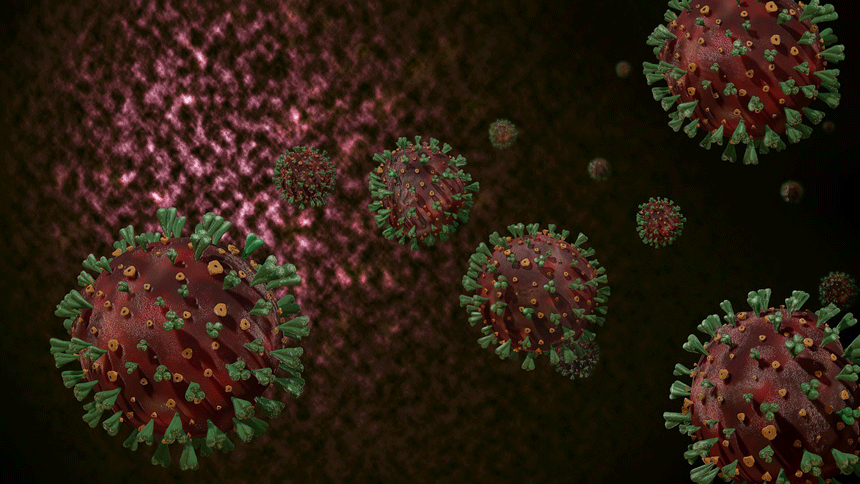Sanli News reported that the outside world is worried that Omicron is coming so aggressively, will it affect my country’s domestic New Year’s Eve or Spring Festival quarantine program? Zhuang Renxiang said that he hopes to prevent the mutant strains at the border and do not enter the country, and there is no need to initiate follow-up epidemic prevention.
The World Health Organization (WHO) announced that the recently discovered COVID-19 new virus strain B.1.1.529 is a variant of concern, and it is listed as a “high concern variant” and named Omicron. It may take several weeks to complete the Omicron study to find out whether there are any changes in the infection, severity, and vaccines, testing, and treatment.

The World Health Organization requires countries to do the following, including:
1. Increase the monitoring of mutant strains.
2. Upload complete gene sequencing data to an open database such as GISAID.
3. Through the IHR mechanism, notify the WHO of the first (or clustered) incident related to Omicron.
4. Countries cooperate and exchange information to understand Omicron’s epidemiology, severity, effectiveness of public health and social measures, diagnostic methods, immune response, neutralizing antibodies and related information.
However, will the outbreak of the Omicron mutant strain affect the domestic New Year’s Eve or Spring Festival quarantine program? Zhuang Renxiang said that he hopes to prevent the mutant strains at the border, and do not enter the country, and there is no need to initiate follow-up epidemic prevention; but if there are local cases in the country, whether it is an Omicron mutant or not, there may be different practices, which will change with the international epidemic. Depends.
.
